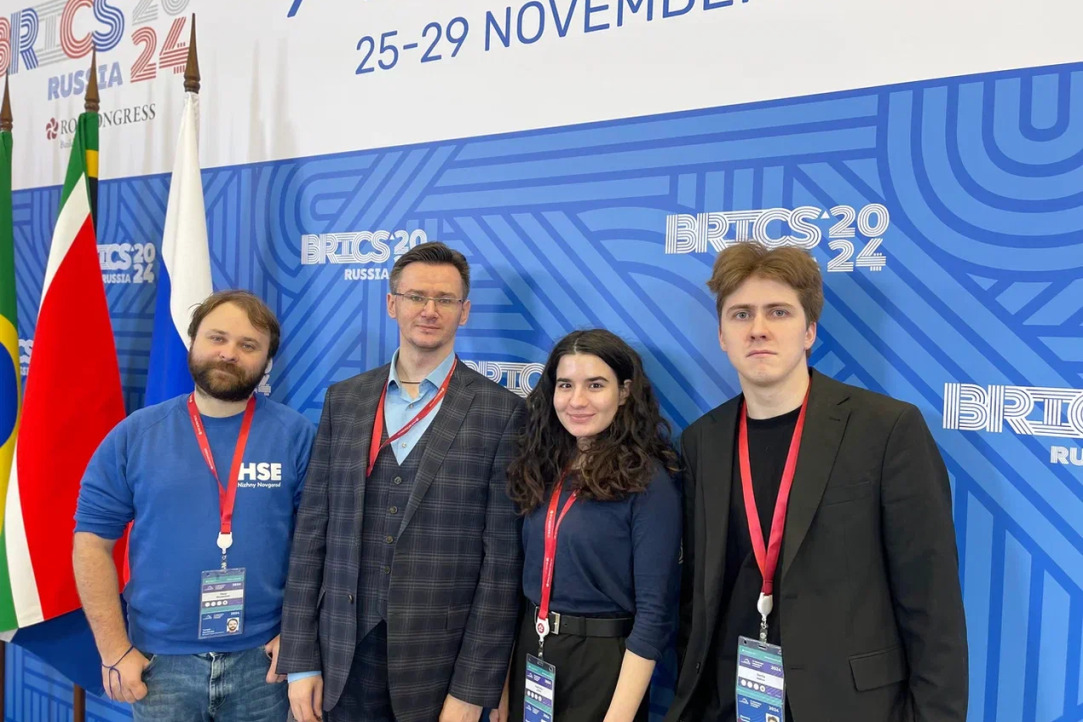
The Future Through the Eyes of Young Scientists
A delegation of teachers and students from the HSE Campus in Nizhny Novgorod participated in the IV Young Scientists Congress and the IX BRICS Young Scientists Forum held in Sochi. These two key events of the Russian Decade of Science and Technology brought together representatives of the academic and university community, state corporations, private businesses, and public organisations to envision the future of Russian science through the lens of the younger generation.
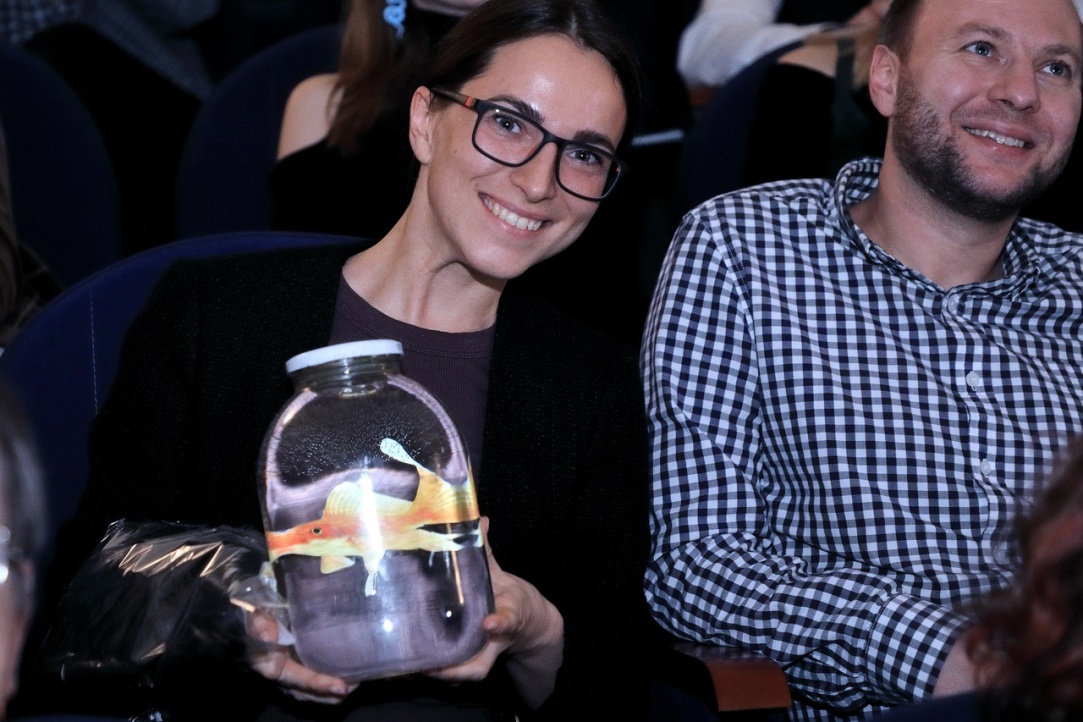
Missing Socks and Abnormal Dumplings: HSE MIEM Holds Pseudoscientific Conference
For the first time, the HSE MIEM Pseudoscientific Conference brought together students from different faculties to find answers to absurd but surprisingly profound questions. Why can't Skynet cook dumplings? How do the stars affect your grades? The organisers and participants of the conference proved that even the strangest joke can sound scientific if approached with a qualitative methodology.

Healthy Nutrition Saves Public Funds: Strategies to Reduce Healthcare Costs in Russia
In Russia, the annual cost of treating type 2 diabetes alone exceeds 500 billion roubles. Promoting healthy nutrition programmes can ease the burden on the healthcare system and increase life expectancy. This was the conclusion reached by economists at HSE University after analysing global experiences with government involvement in promoting a healthy lifestyle.

Conscientious Individuals Live Longer
Personality traits such as conscientiousness, emotional stability, and an internal locus of control significantly influence one's lifestyle and longevity. Not only can personality traits influence health through beneficial and harmful habits but can also have a direct effect on mortality. Higher conscientiousness reduces the risk of premature death by 20 percentage points, while higher neuroticism increases it by 12 percentage points. These are the findings from a new study by Ksenia Rozhkova, Junior Research Fellow at the Laboratory for Labour Market Studies of the HSE Faculty of Economic Sciences.
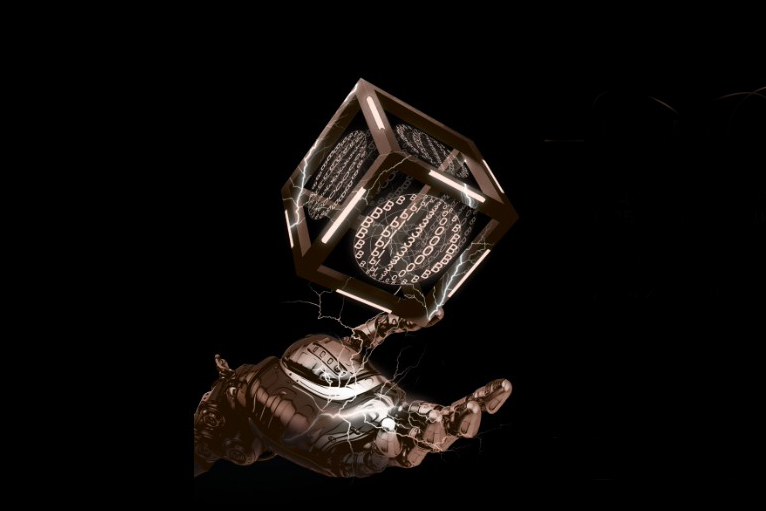
HSE Faculty of Chemistry Professor Wins Vyzov Prize
On December 9, 2024, the winners of the Vyzov Prize for Future Technologies were announced. Professor Leonid Fershtat from the Joint Department of Organic Chemistry with the RAS Zelinsky Institute of Organic Chemistry was honoured in the ‘Future’ category for his advanced research on creating functional organic materials for multi-purpose use based on high-nitrogen molecular architectures.

HSE and Sechenov University Collaborate to Support the Pharmaceutical Industry in Advancing Innovations
Scientists from HSE and Sechenov University have developed a methodology for identifying priority areas and breakthrough technologies to drive the pharmaceutical industry's development. Their joint research, supported by Innopraktika, aims to pinpoint key scientific directions crucial for addressing diseases with significant medical and social impact in the future. An analysis of current and projected data revealed that lung cancer, breast cancer, and stomach cancer contribute the most to the medical, social, and economic burden on healthcare systems.

Sports, Creativity, and TV: Diverse Leisure Positively Impacts Psychological Well-Being
Life satisfaction is higher among those who engage in diverse leisure activities, researchers from HSE University have found. However, the specific types of activities people engage in are less important. The contribution of individual leisure activities to a sense of well-being accounts for no more than 2% of the variance. Only the diversity of leisure activities is significantly linked to overall life satisfaction and a sense of meaningful time usage.
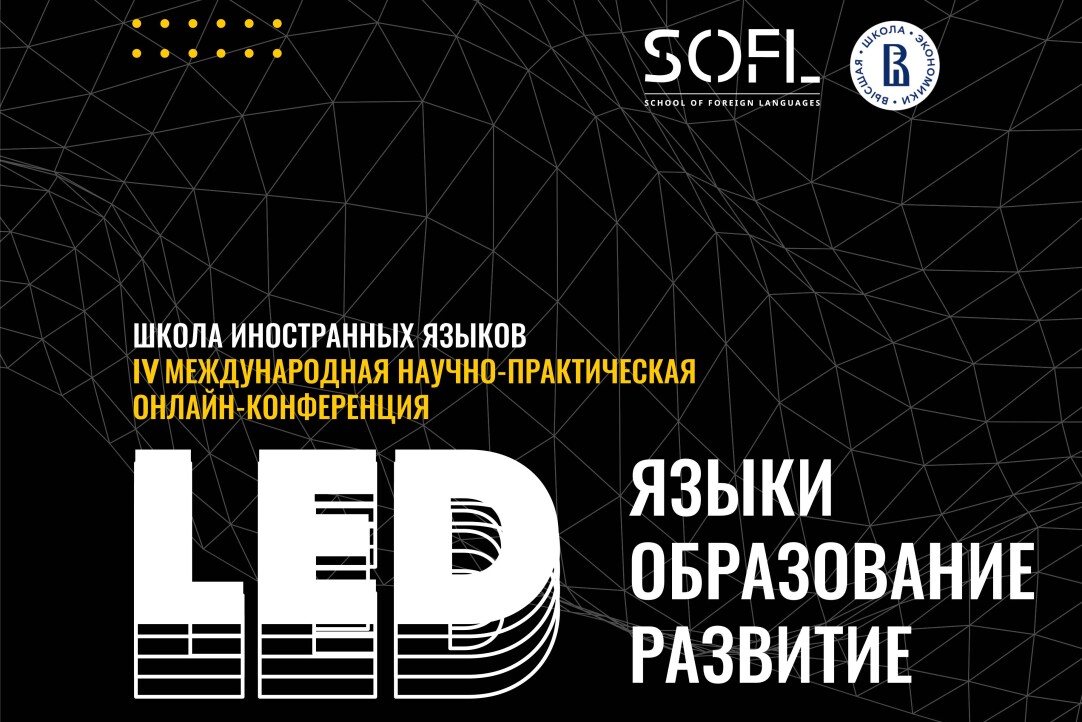
‘Language Education Holds Lasting Value’
On December 5–6, HSE University hosted the 4th HSE LED Conference: Languages, Education, Development organised by their School of Foreign Languages. The conference was held in an online format and was dedicated to current trends in the development of modern linguistic and pedagogical knowledge. Over two days, more than 1,200 people took part.

HSE University Launches International Research Project Competition
HSE has announced the latest ‘International Academic Cooperation of HSE University’ open competition of joint basic research projects. The competition is aimed at strengthening global scientific collaboration, expanding the university's research agenda, and involving students and postgraduates in world-class fundamental research.
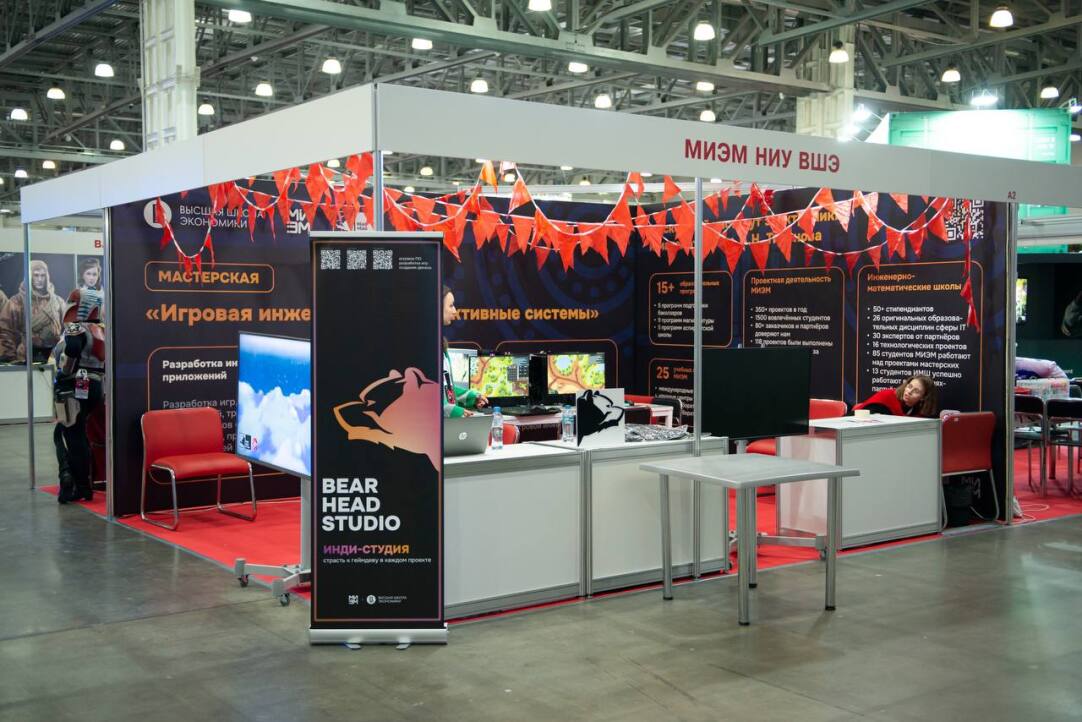
HSE Presents Claw Engine at Major Gaming Industry Expo
From November 29 to December 1, 2024, members and participants of the ‘Game Engineering and Interactive Systems’ workshop at the HSE Tikhonov Moscow Institute of Electronics and Mathematics (MIEM), took part in the largest gaming event of the year—RedExpo. Together with the student indie studio Bear Head Studio, they showcased their proprietary development, the Claw Engine, a generative AI-powered tool for game creation. This year, the workshop continues to refine the product and is already working on its first game using the engine.

